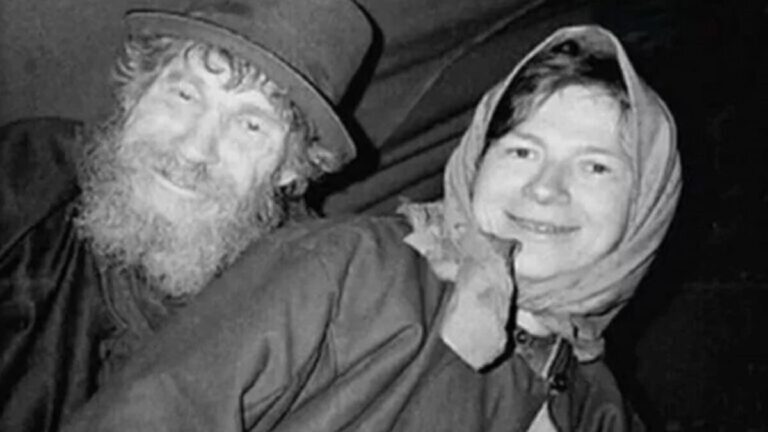In a world where we’re constantly connected through our phones and the internet, the story of a family who lived for 40 years without any contact with the outside world is almost unimaginable. The Lykov family’s extraordinary tale of survival, alone in the Siberian wilderness, is a striking reminder of just how different life was before our hyper-connected age.
The Lykov Family: A Life Unplugged
Imagine living in a place so remote that you’re entirely cut off from modern civilization—no phones, no internet, not even a simple letter. This was the reality for the Lykov family, who lived deep in the Siberian Taiga, a dense, isolated forest in Russia. Their seclusion began in the 1930s, when the family patriarch, Karp Lykov, fled the Soviet regime after witnessing the tragic death of his brother at the hands of Soviet soldiers.
Along with his wife Akulina and their two children, Savin and Natalia, Karp sought refuge in the wilderness, far away from any human settlement. For 40 years, the Lykovs lived without any outside contact, fully isolated from the world they had once known.
A Testament to Resilience and Simplicity
In their remote homestead, the Lykovs’ survival was nothing short of miraculous. They lived a life of incredible resilience and self-sufficiency. The family made their clothes from hemp and tree bark, and their diet was often meager, leaving them on the edge of famine at times. Their solitude was broken only by their most basic needs: hunting for food, growing crops, and reading from their beloved Bible, which served as both their entertainment and spiritual solace.
What’s even more remarkable is that Karp’s children, Dmitry and Agafia, who were born during their time in the forest, had no knowledge of the outside world. They had never heard of major global events like World War II, and their entire understanding of life came from the confines of their family’s secluded existence. It was a simple, yet intense way of life, one that many of us can hardly imagine.
The World Intrudes
The Lykovs’ peaceful existence came to a surprising halt in 1978, when a group of Soviet geologists stumbled upon their homestead. This was the first time in 40 years that the Lykov family had any contact with the outside world. While the discovery was groundbreaking, it wasn’t without its tragic consequences. The curiosity surrounding the family from the Soviet authorities was intense, but despite the attention, the Lykovs chose to remain in their isolated world.
Sadly, this decision led to great loss. Over time, most of the family members passed away, with Karp Lykov living to the age of 90, before passing away in 1988. He left behind only his youngest daughter, Agafia.
A Modern Hermit’s Tale
Agafia Lykov, now the last surviving member of the family, continues to live in the Siberian Taiga. Though her life today is slightly more comfortable than her family’s original existence, she still lives a life of solitude and self-sufficiency. Agafia’s continued presence in the forest is a living tribute to her family’s extraordinary journey, marked by faith, isolation, and a sheer will to survive against all odds.
In a world where the pursuit of connection and technology often dominates our daily lives, the story of the Lykov family offers a unique perspective on the basic needs for survival. Their story reminds us of the true value of simplicity and raises questions about how much we truly need in our modern, technology-driven lives to live well. Perhaps, in our ever-connected world, we could all stand to reflect on how much we really need to thrive and how much of it is simply excess.






